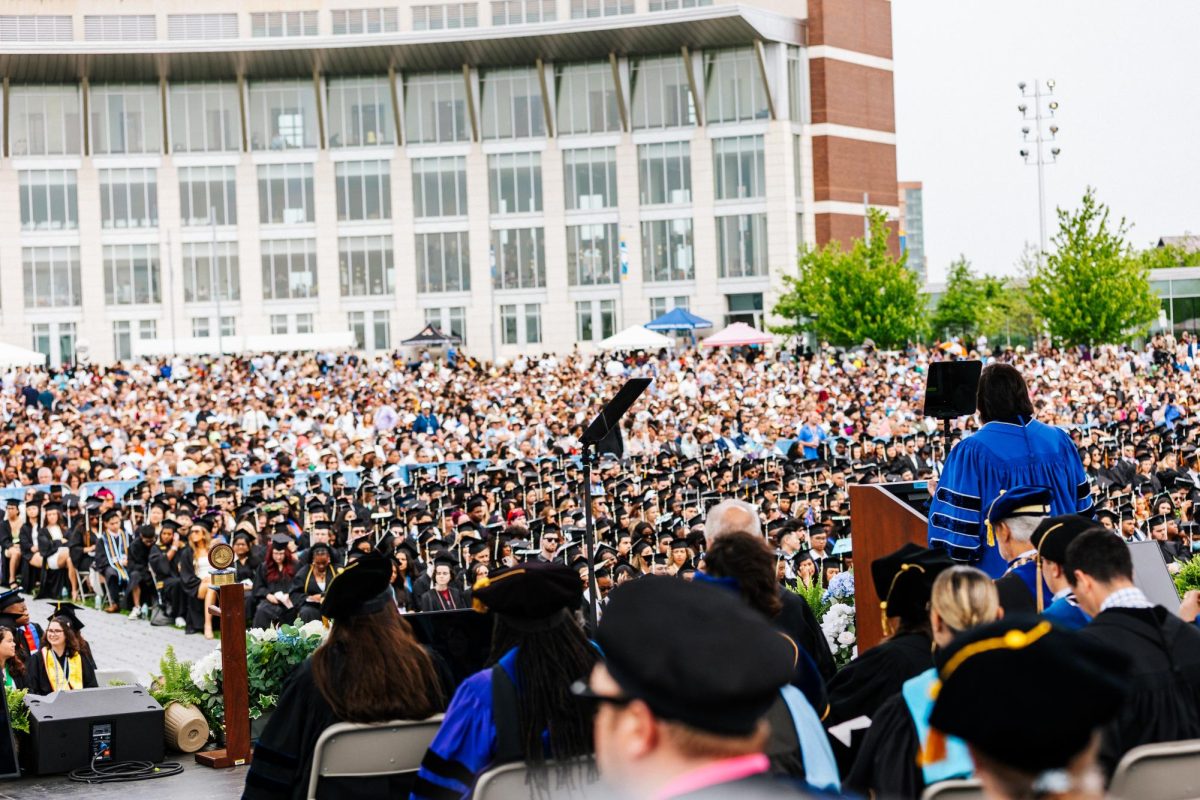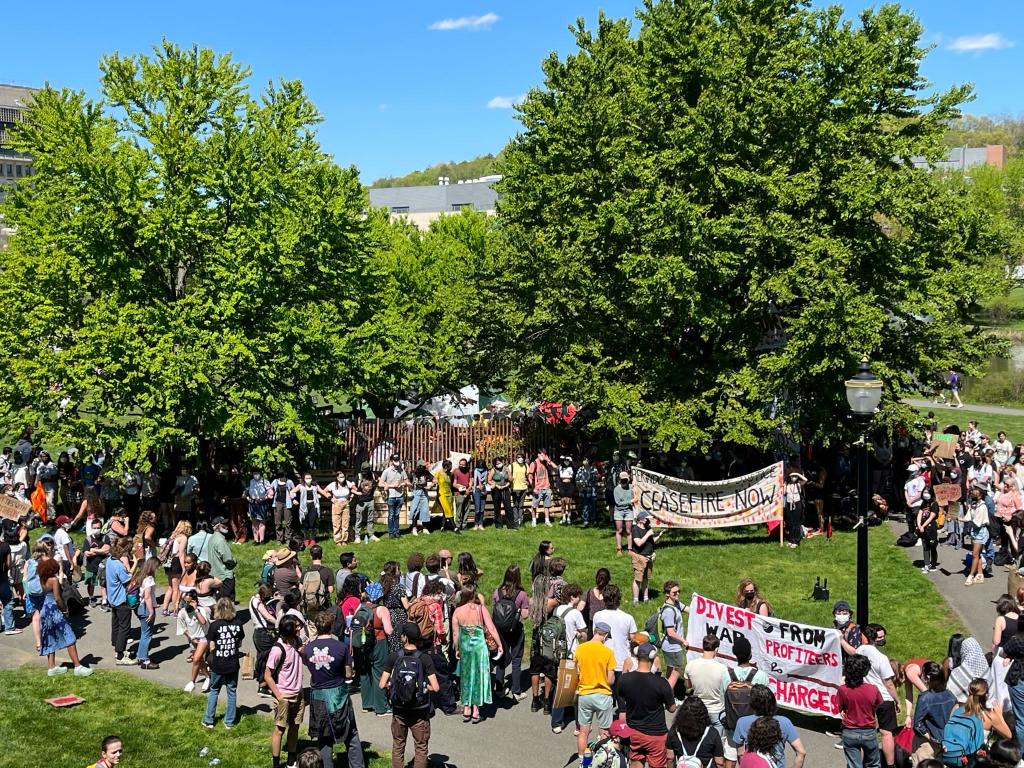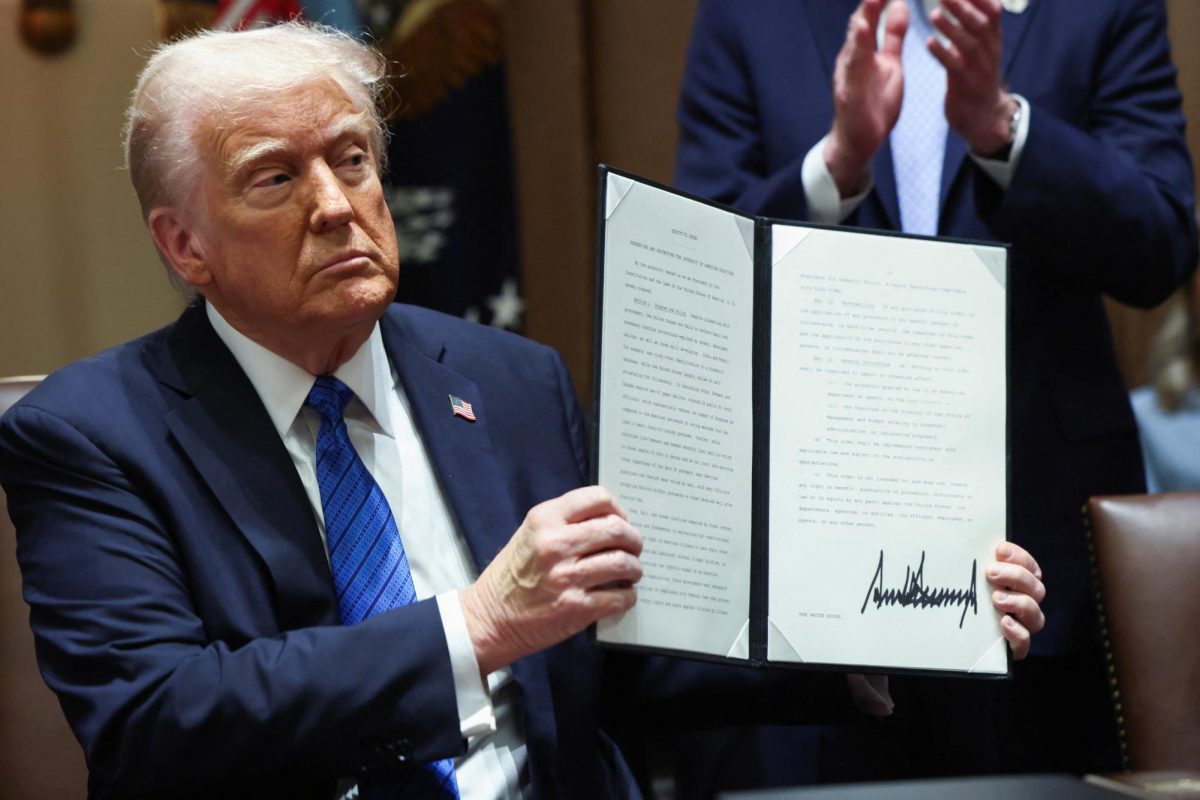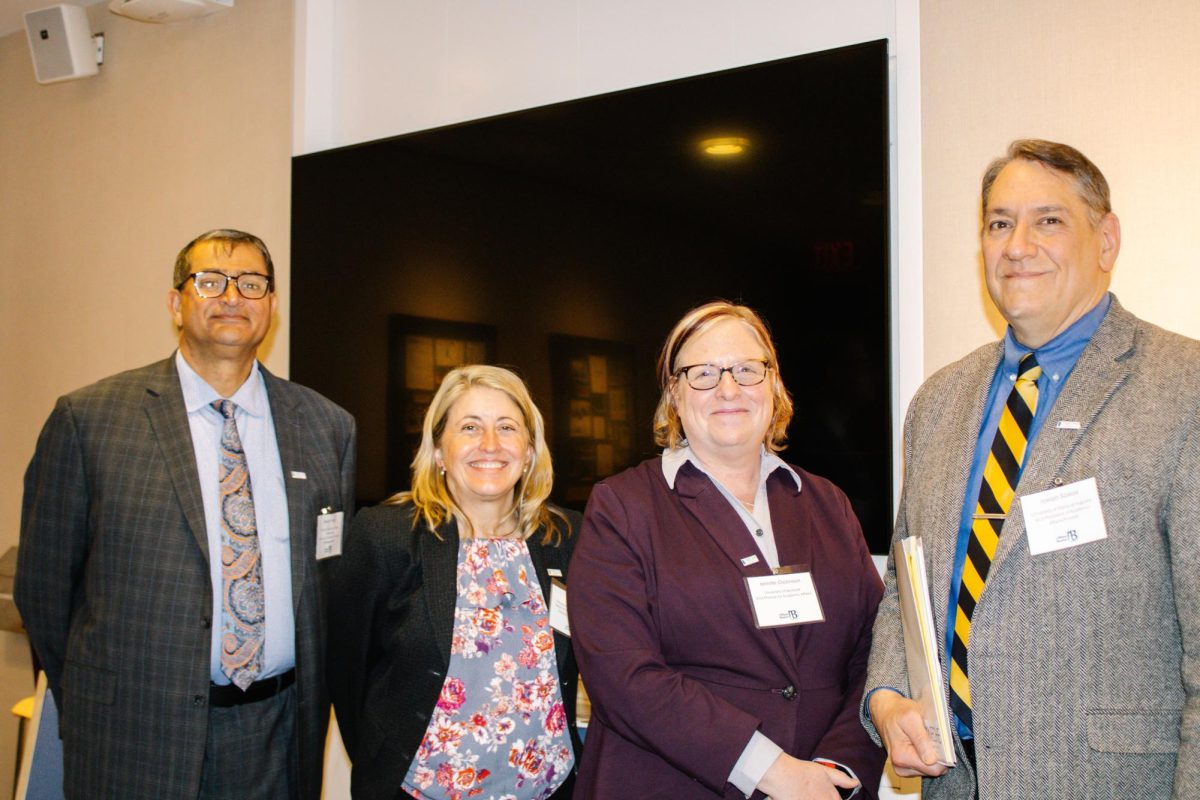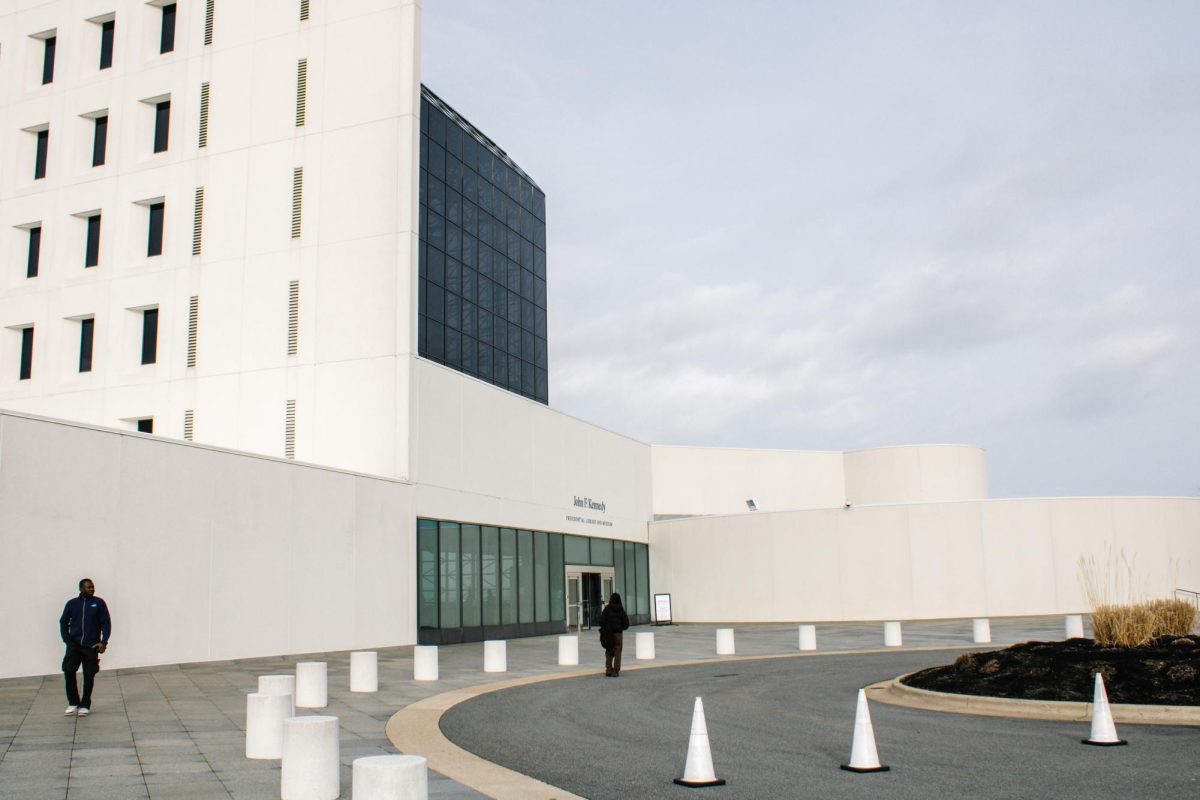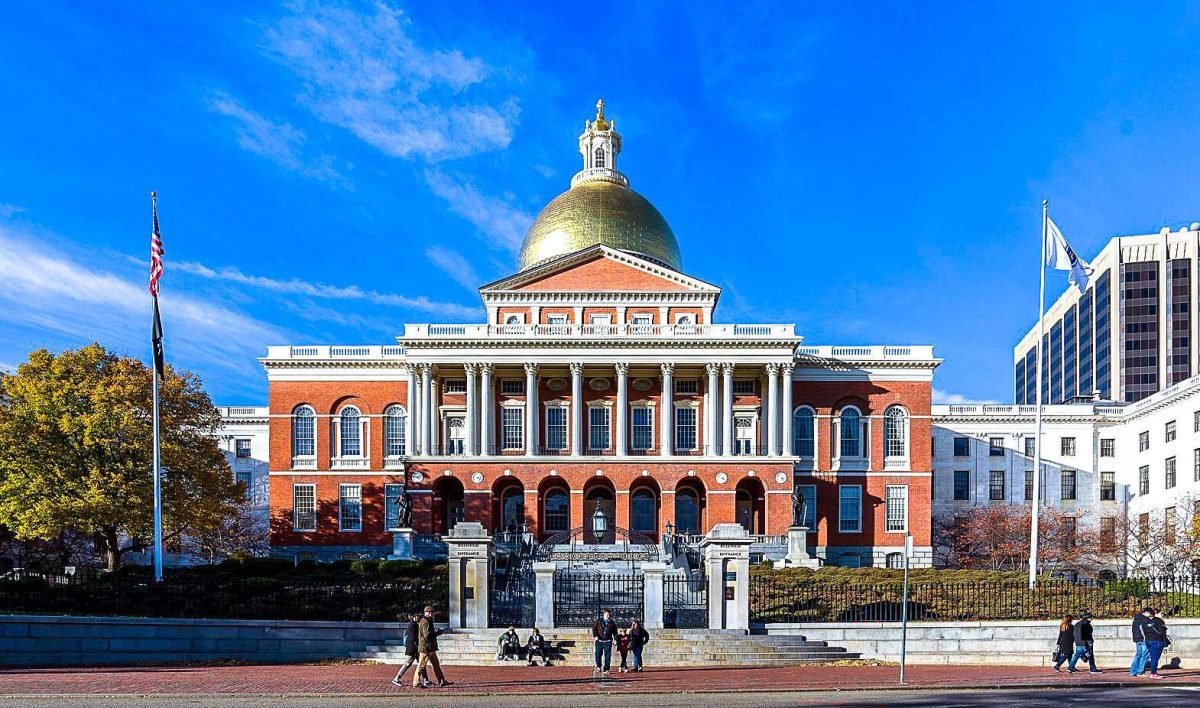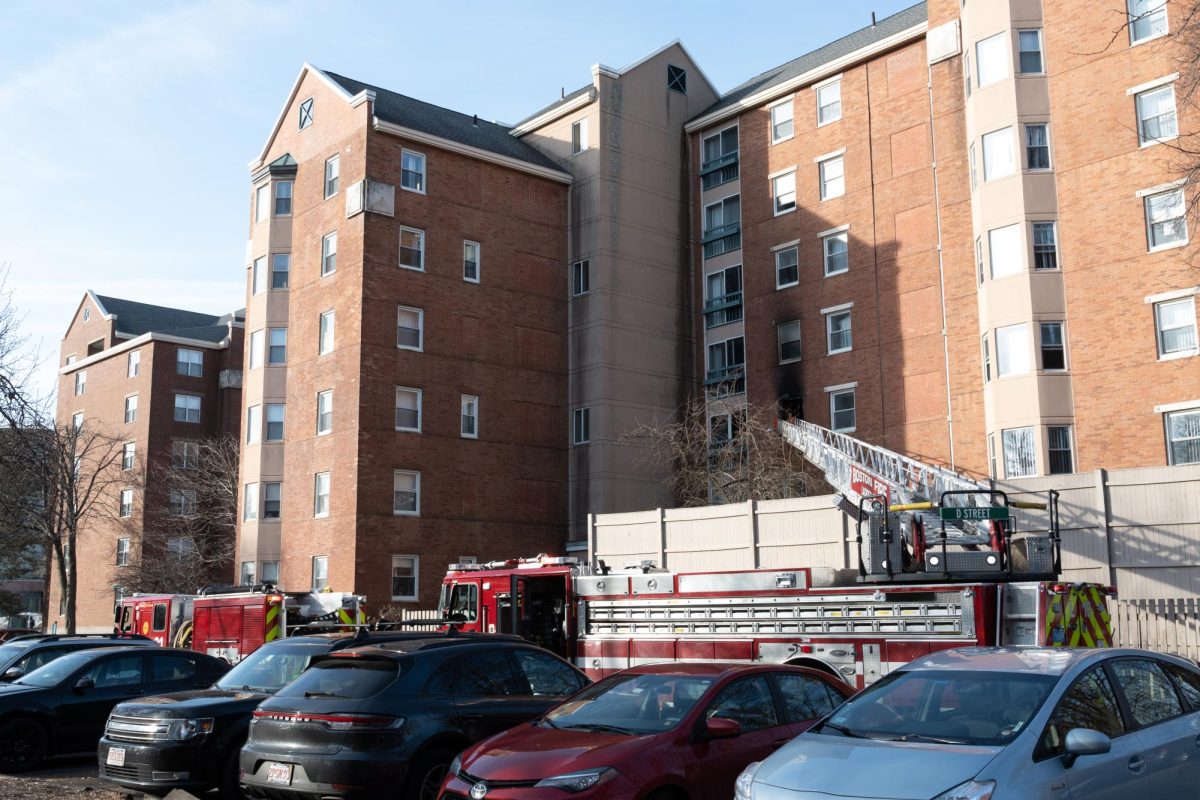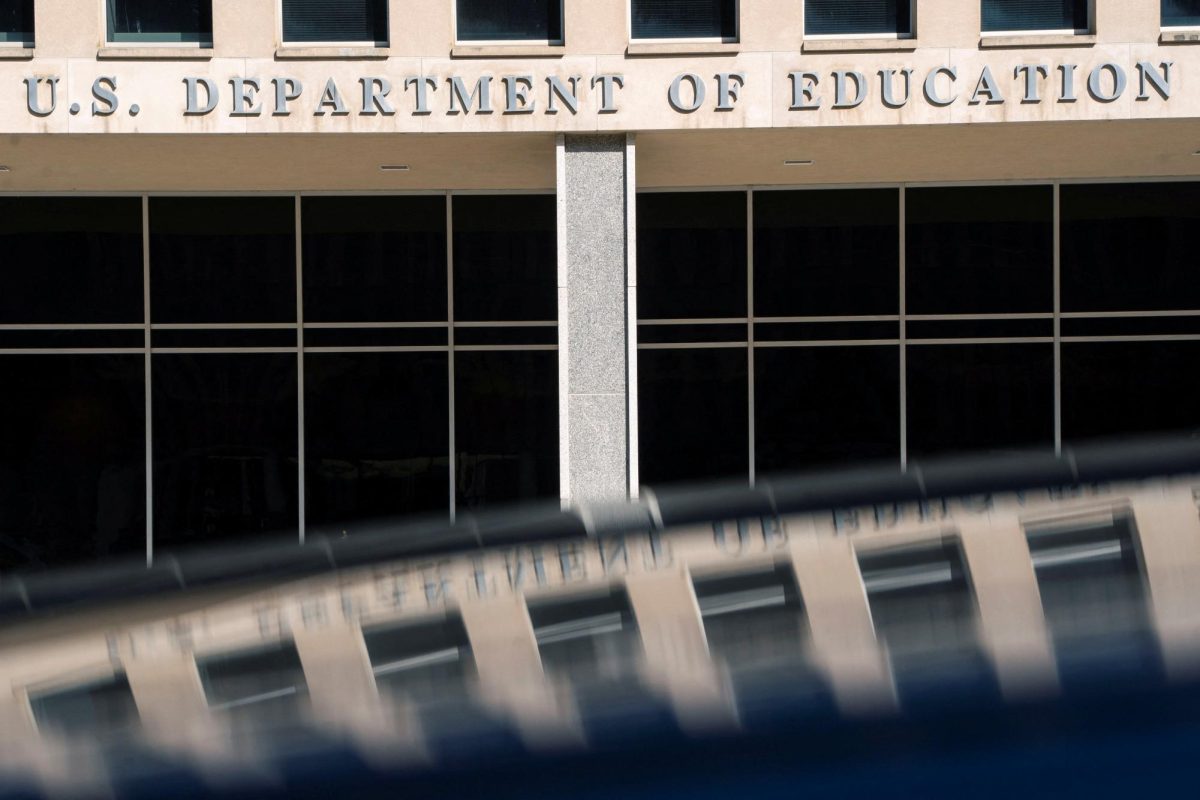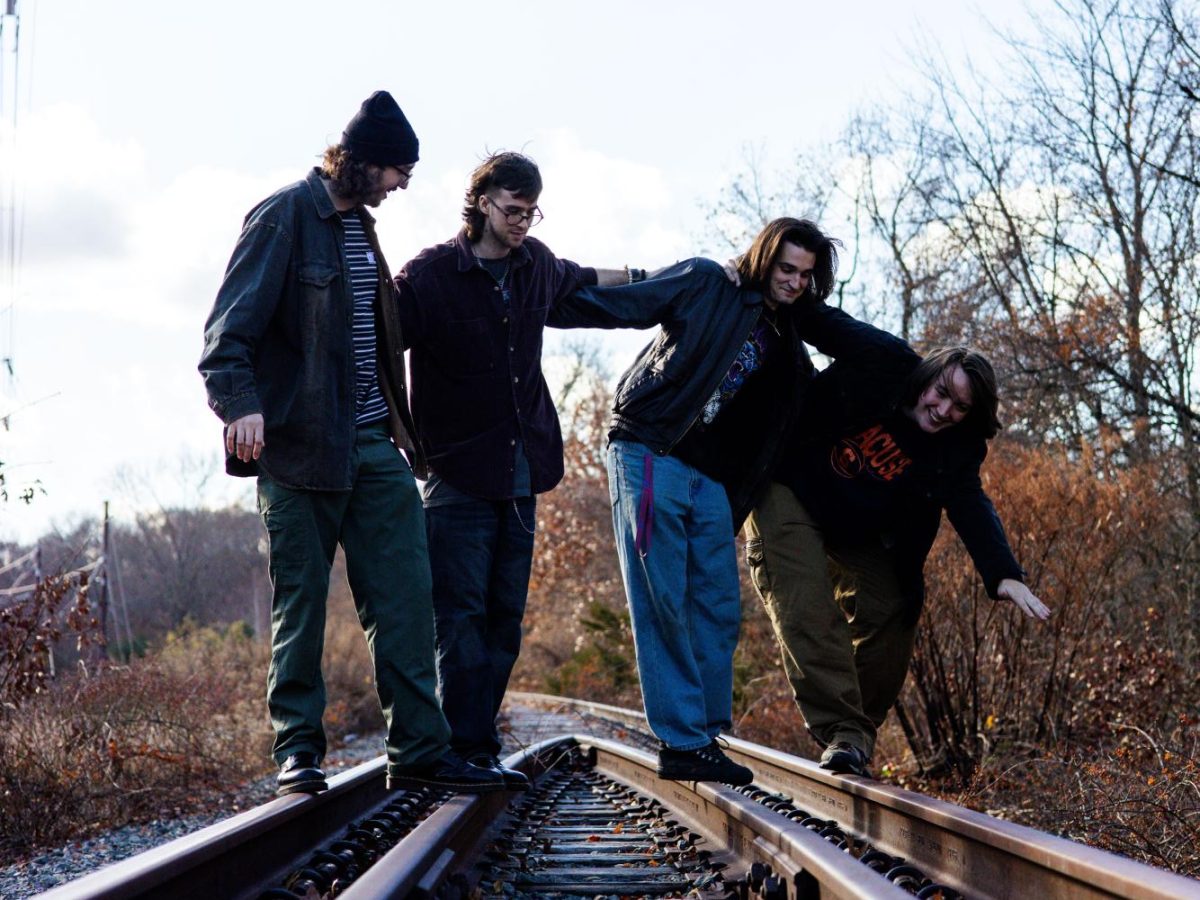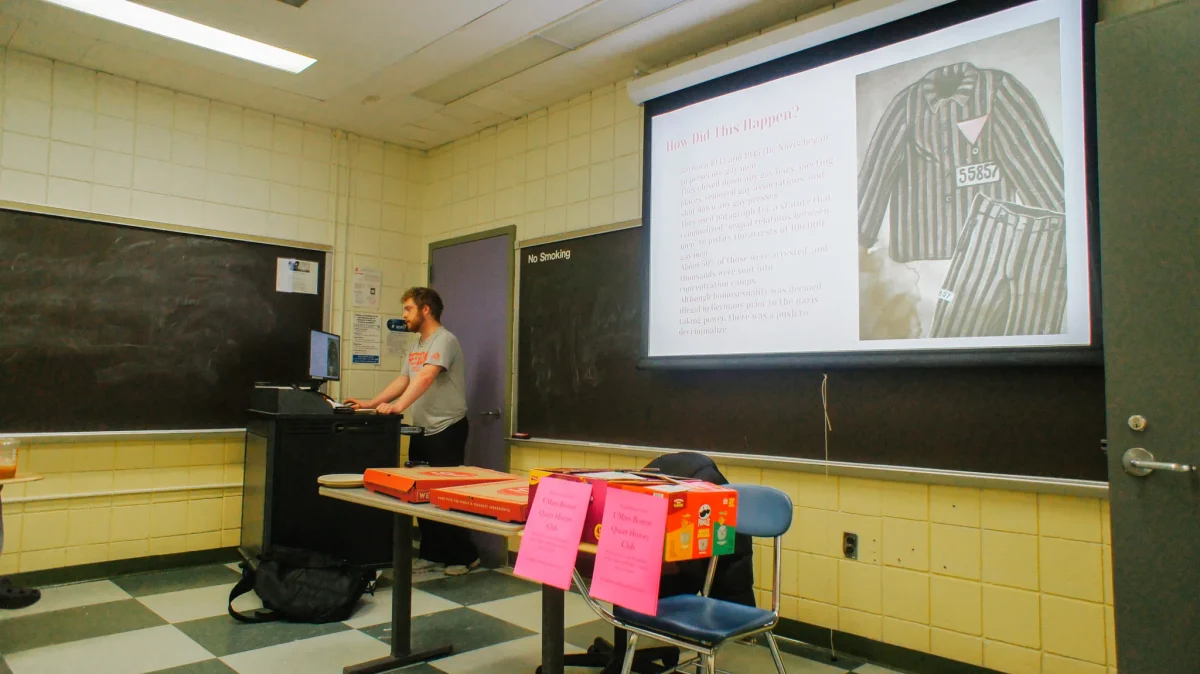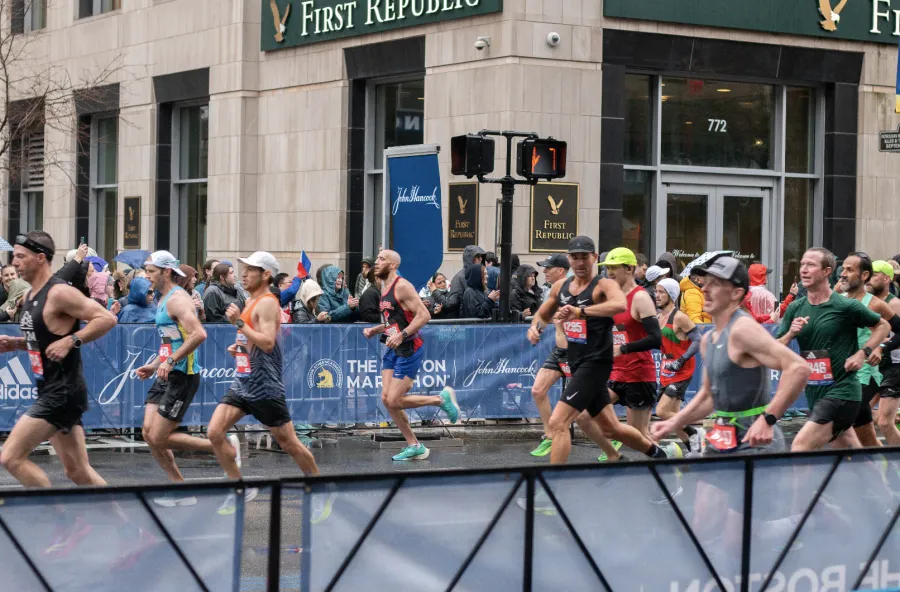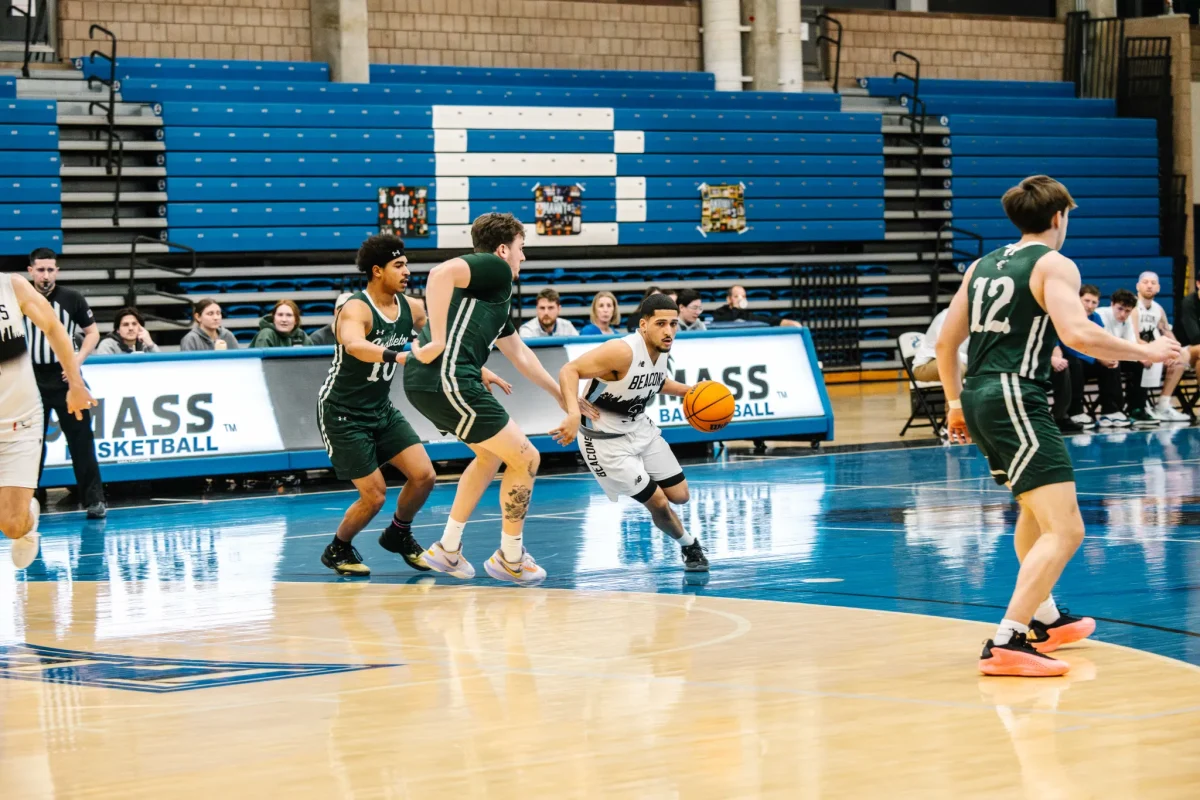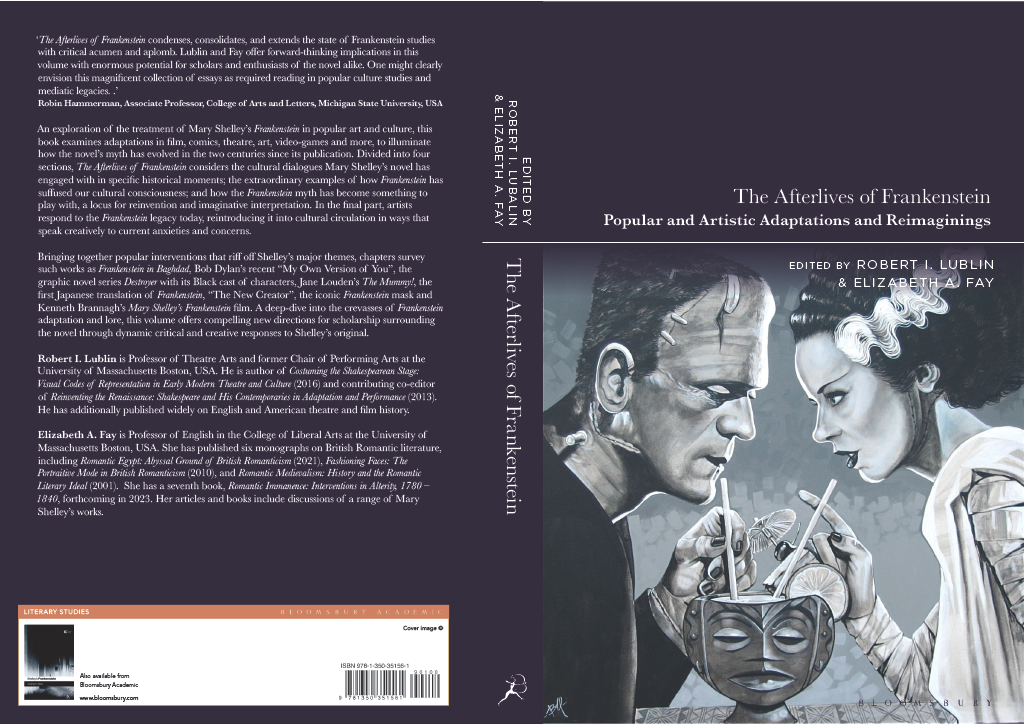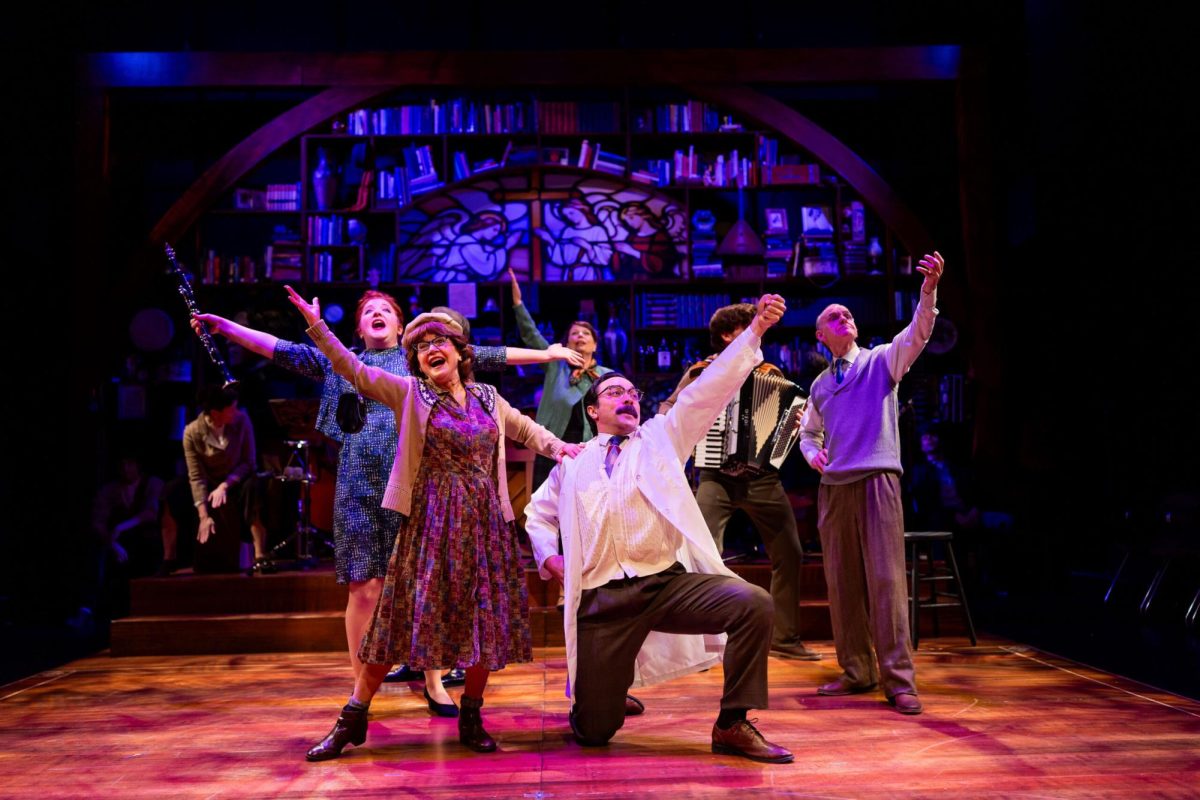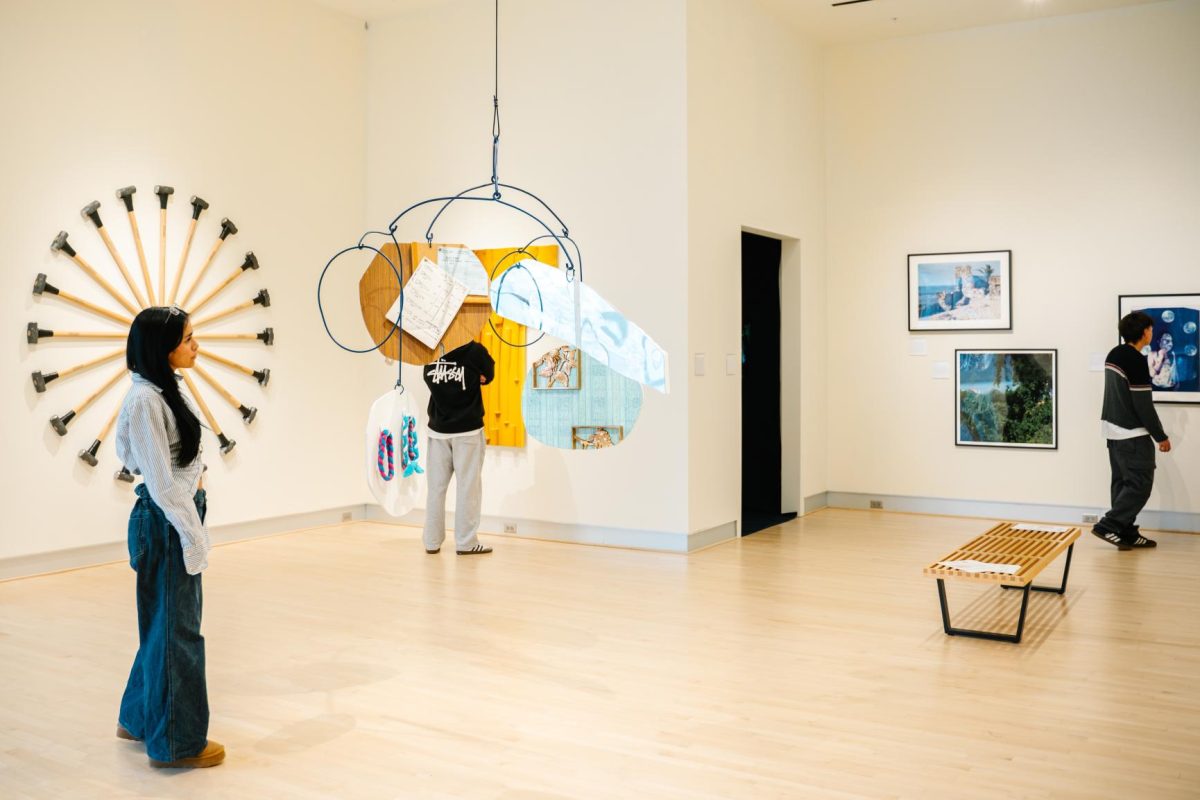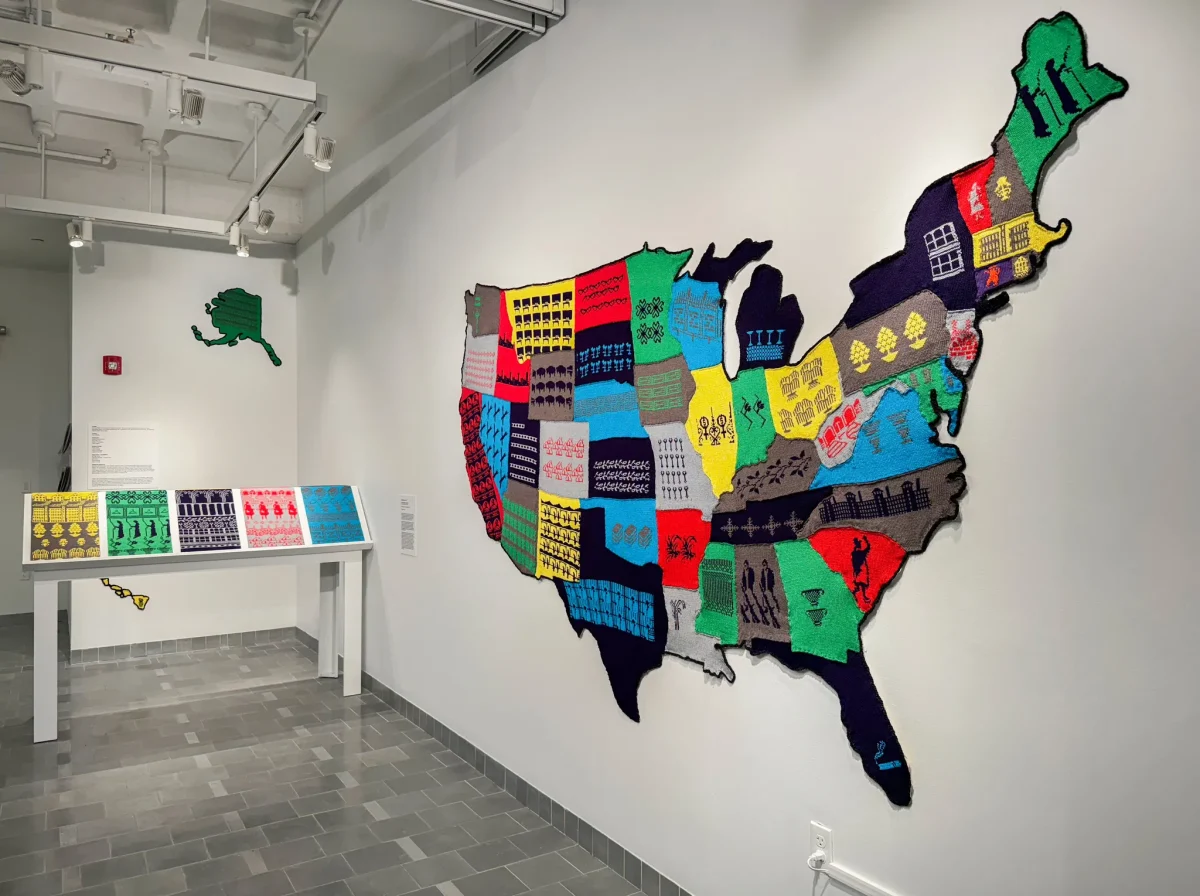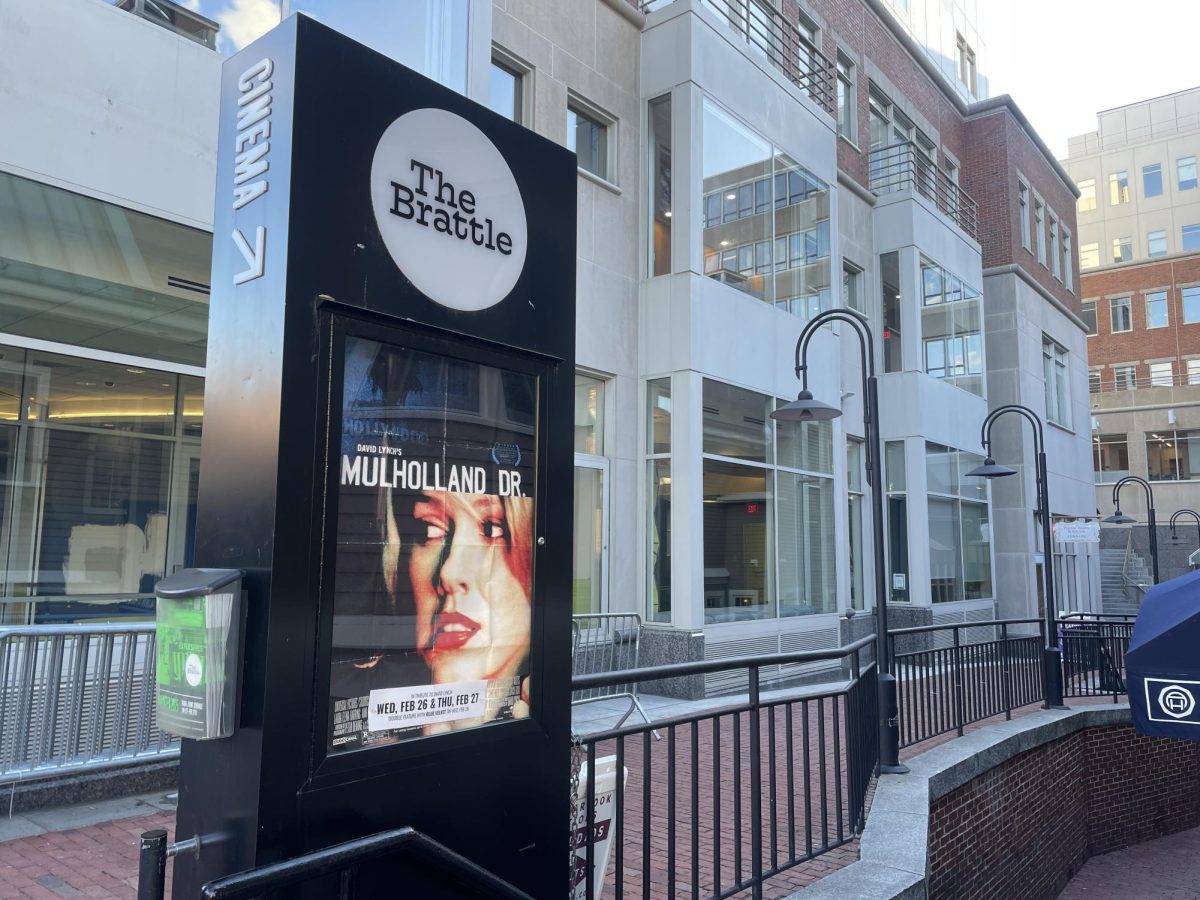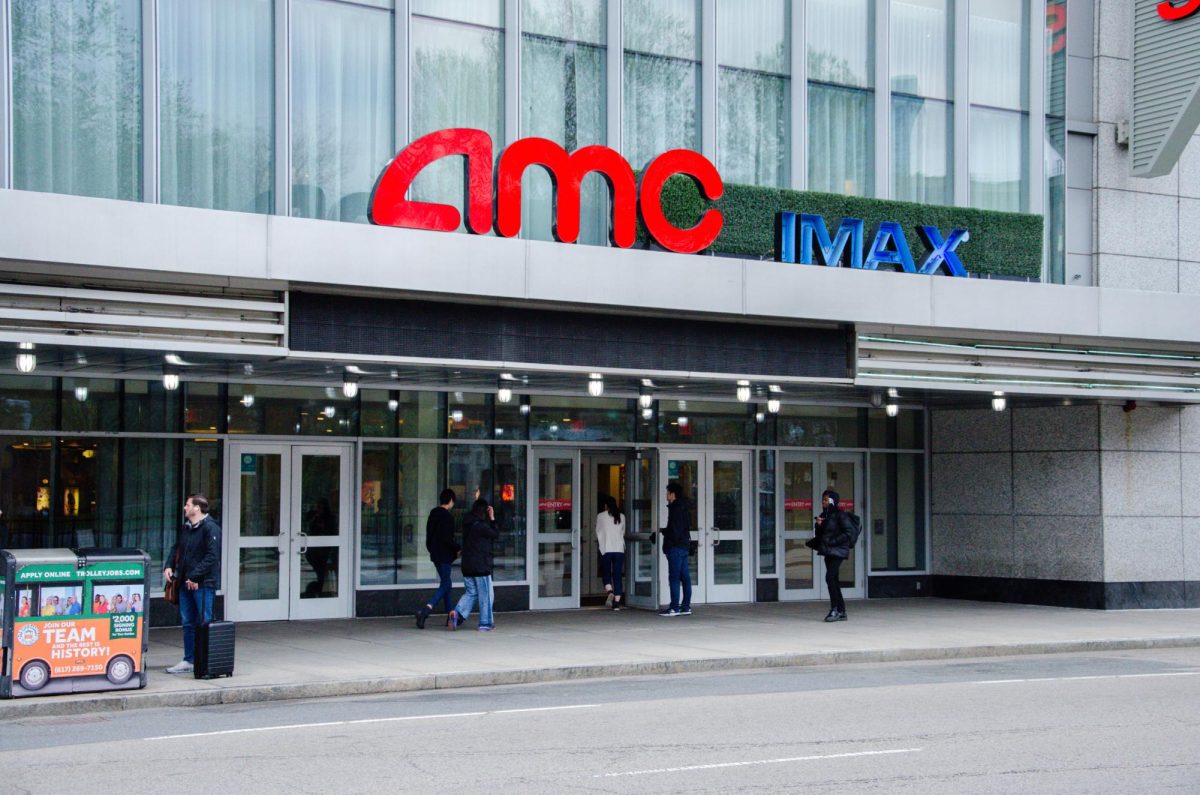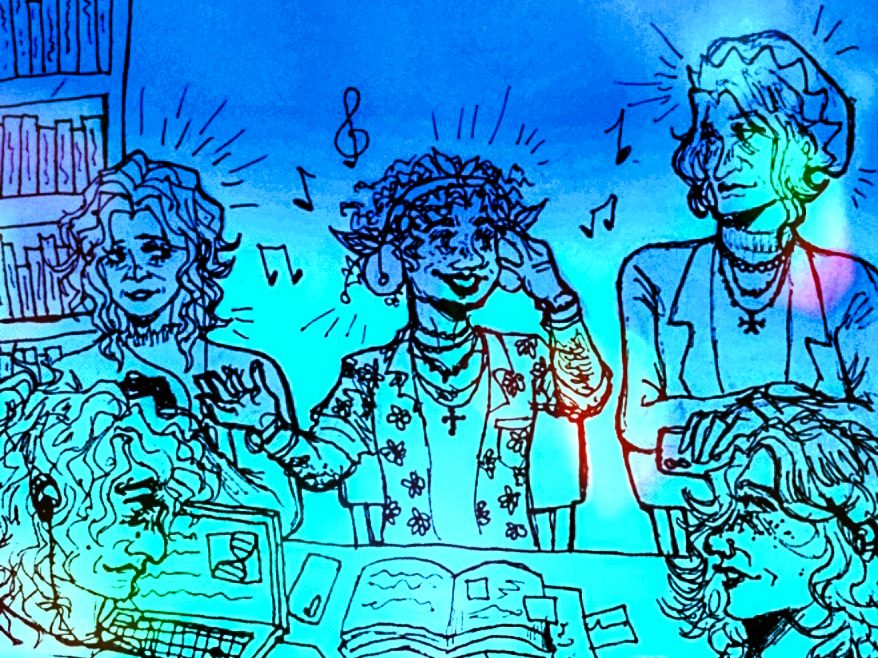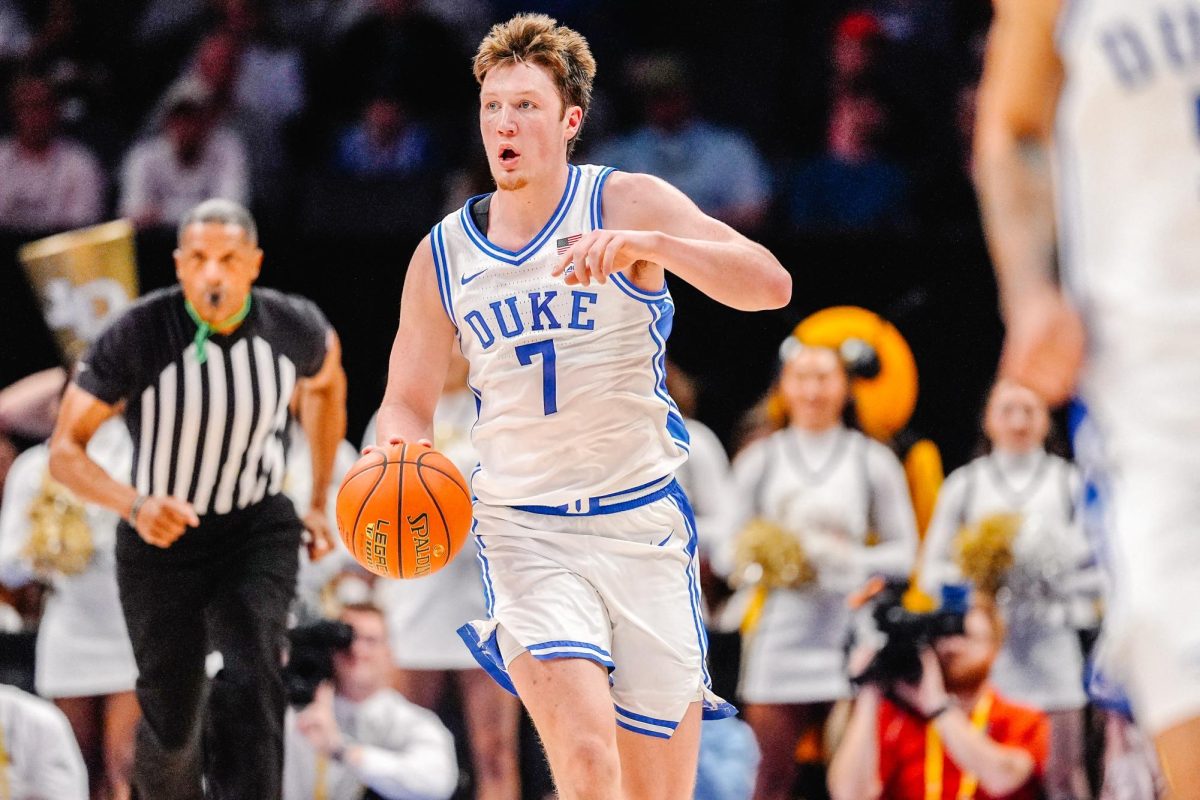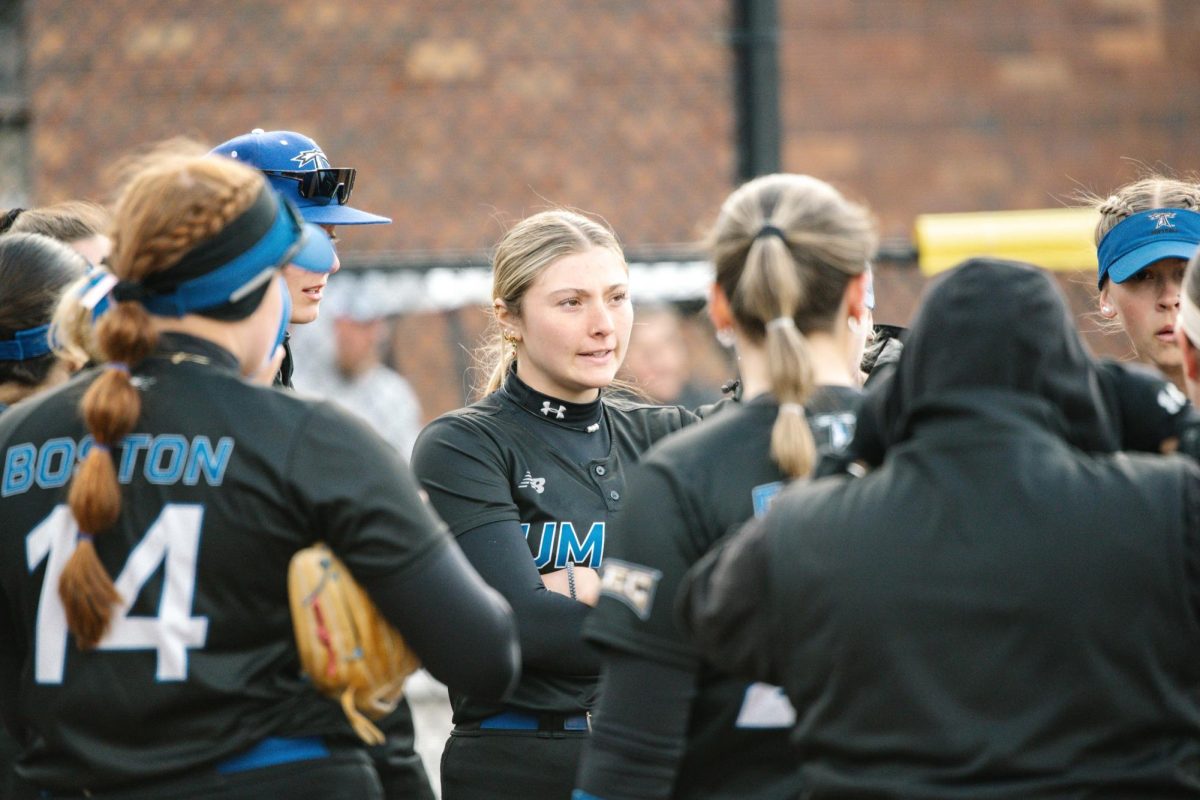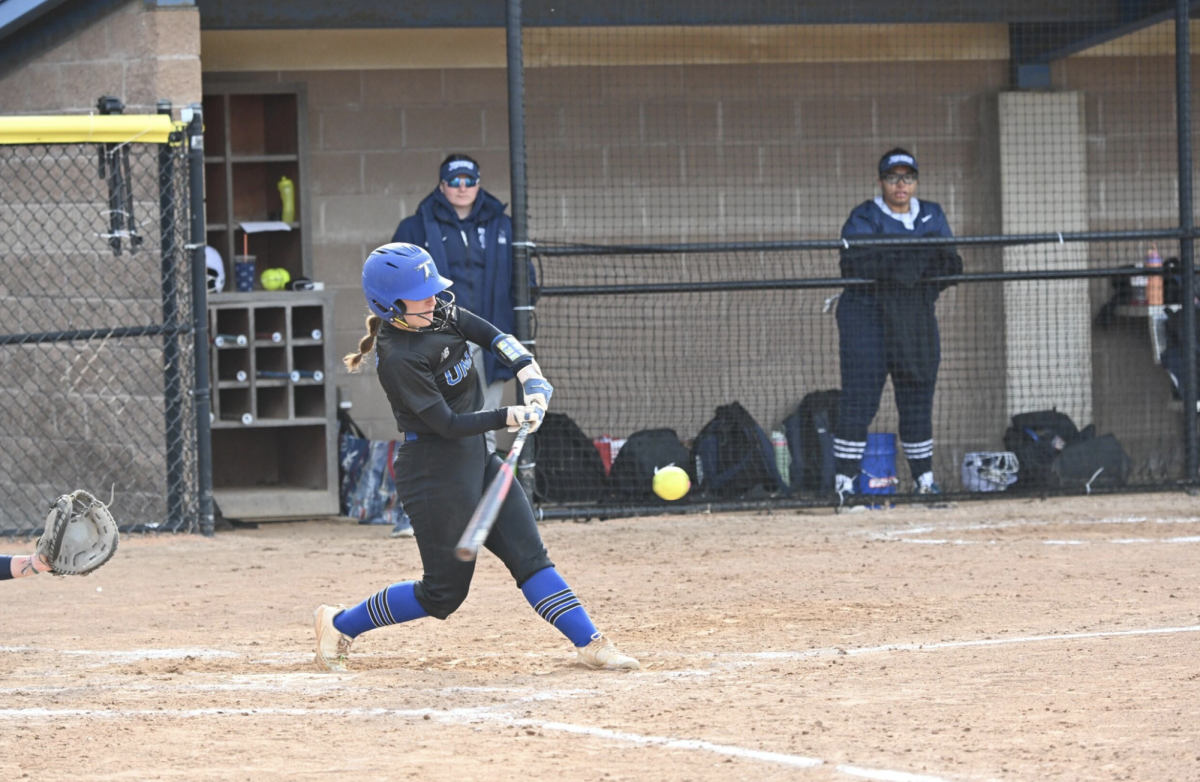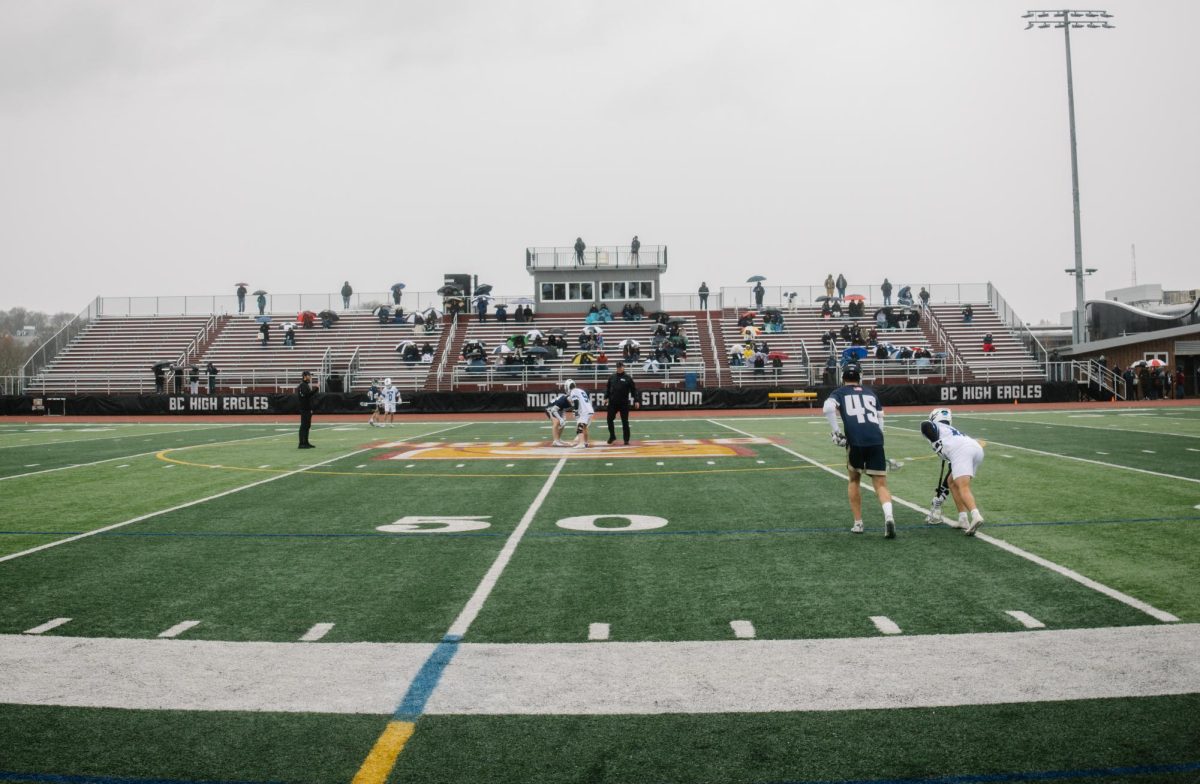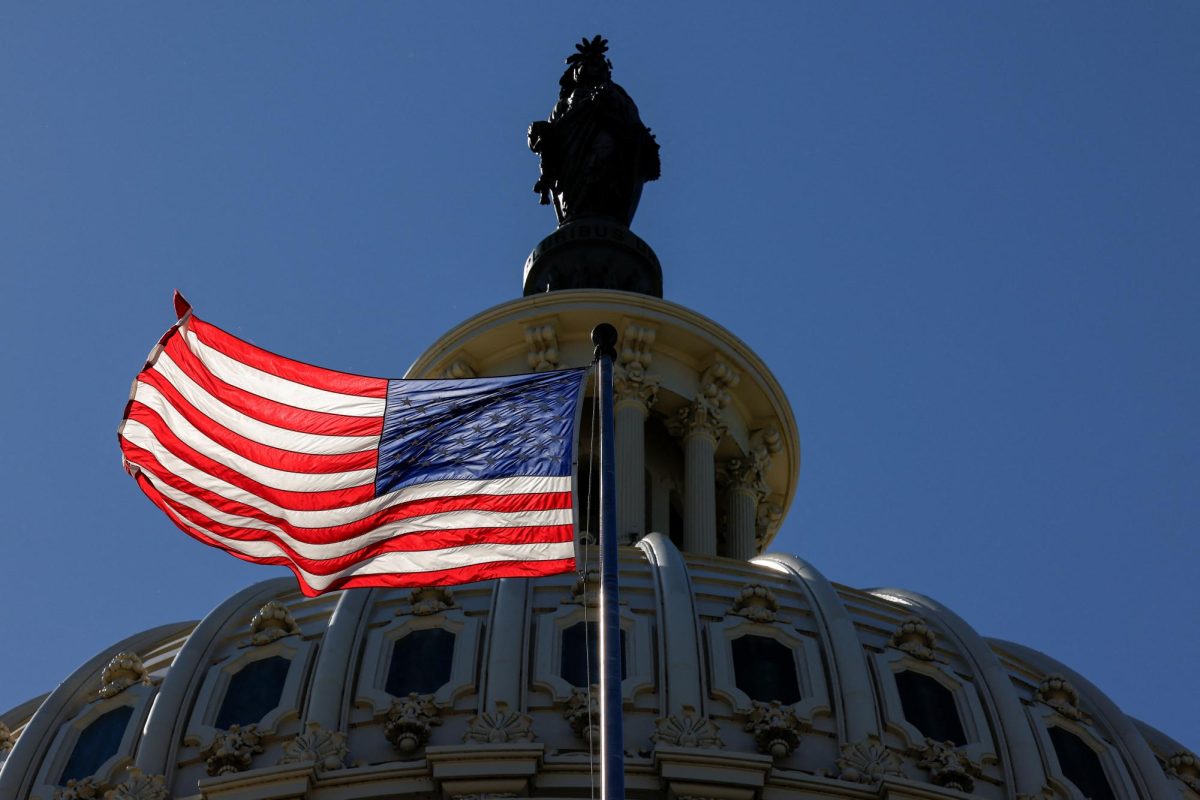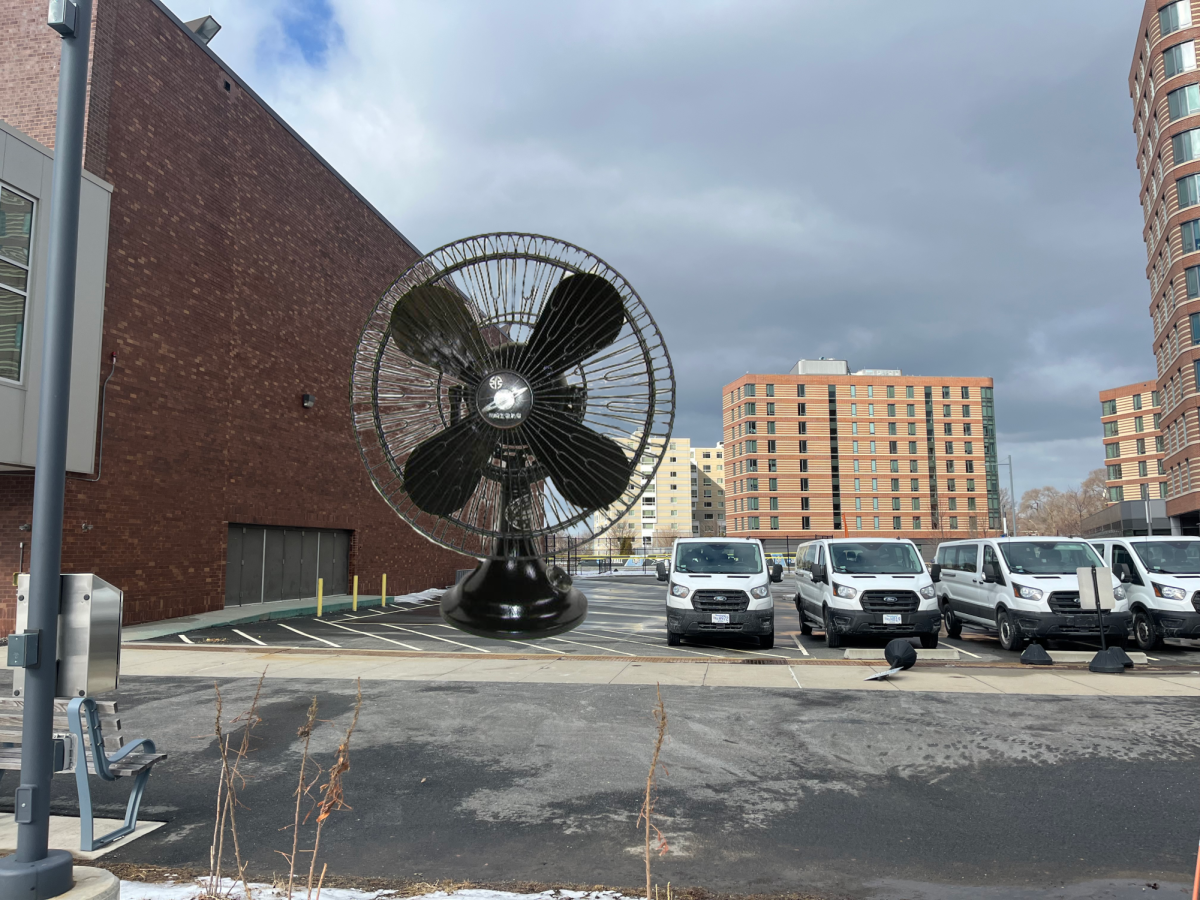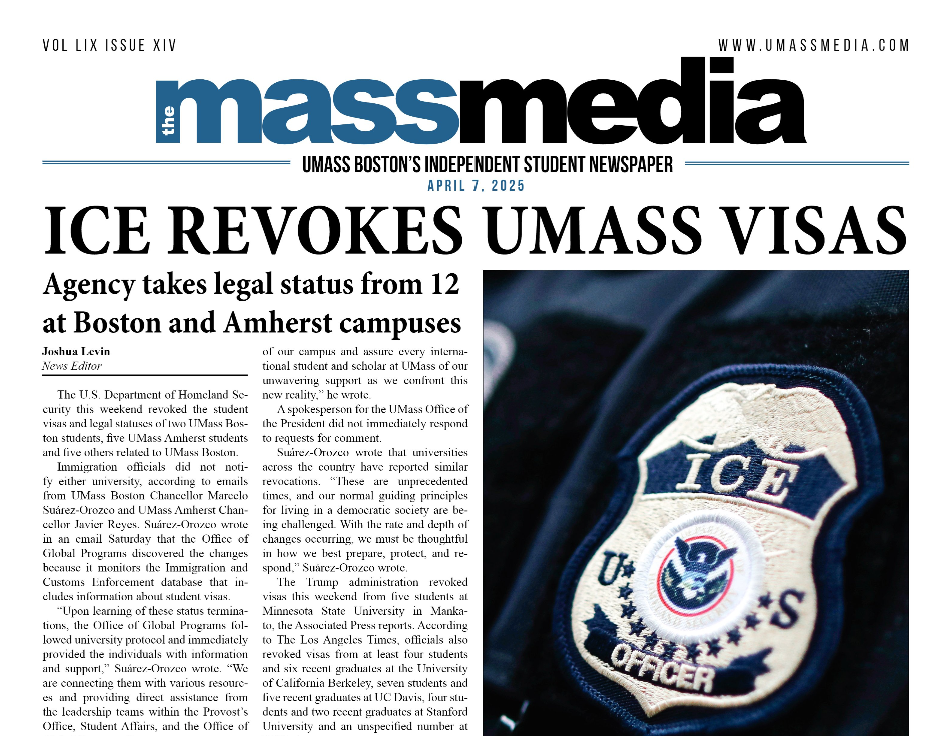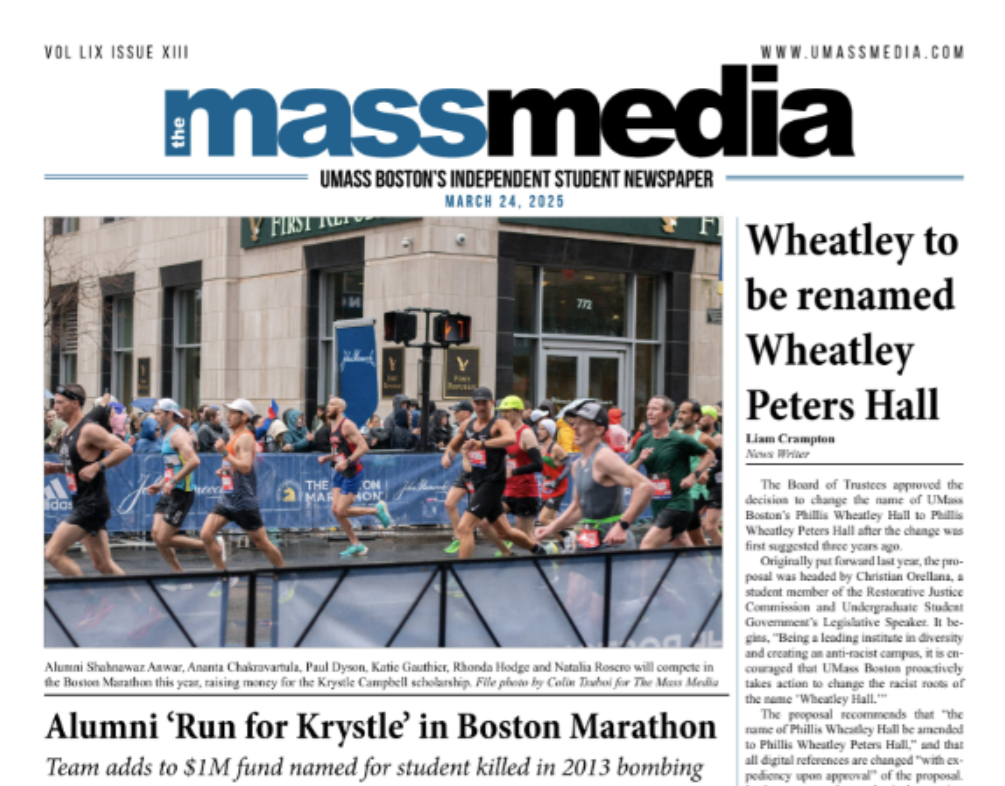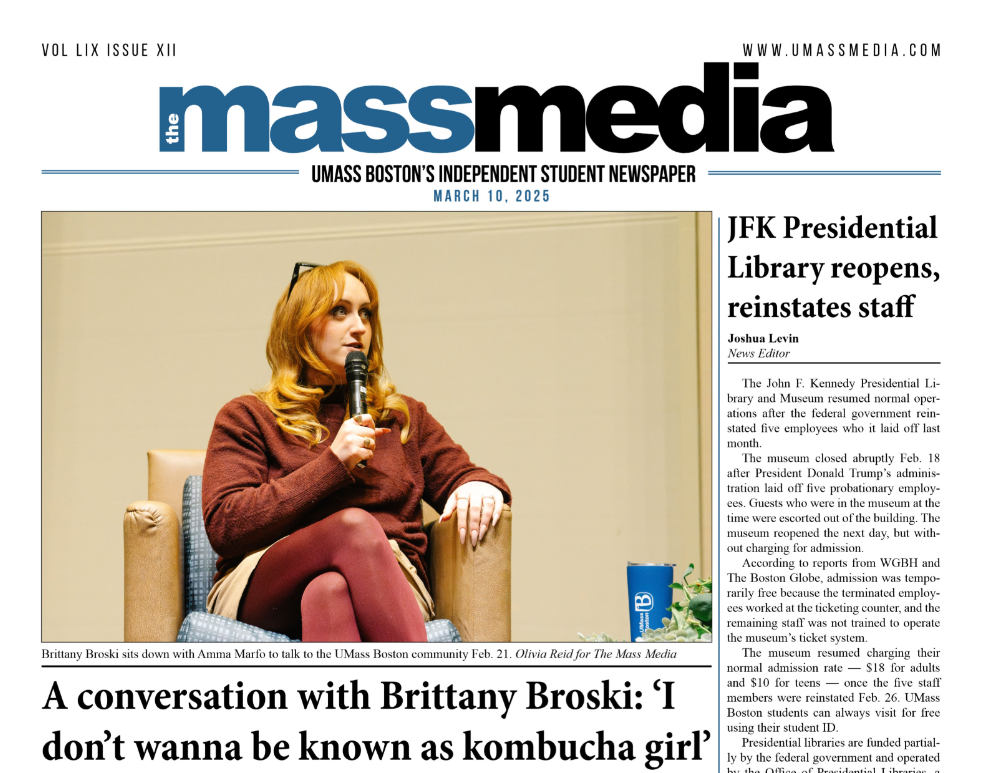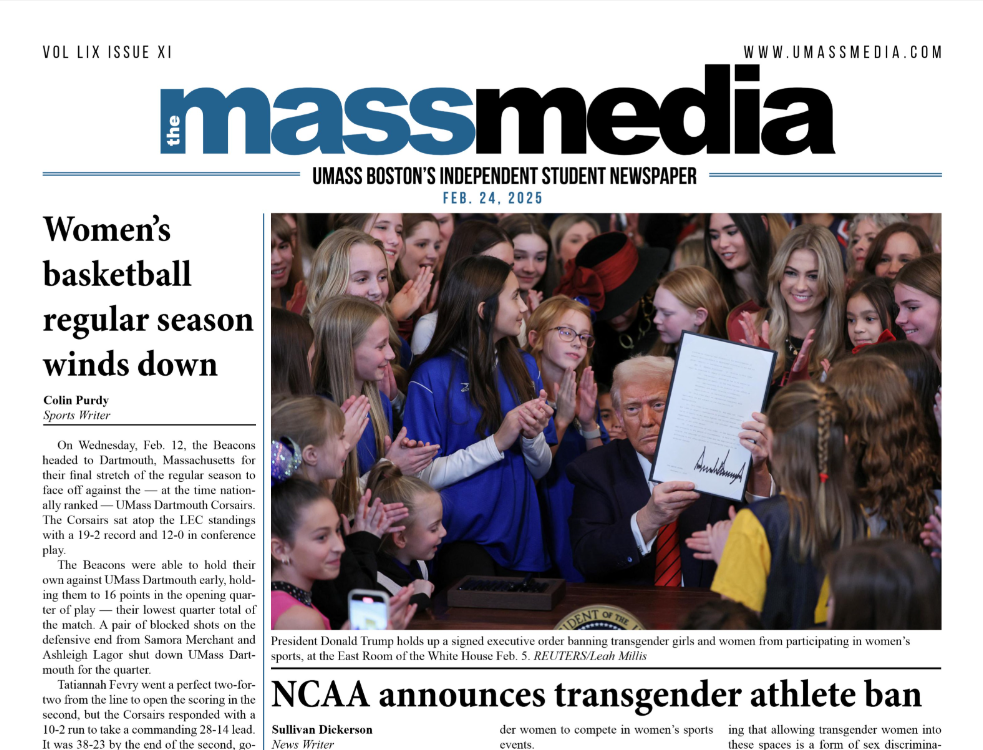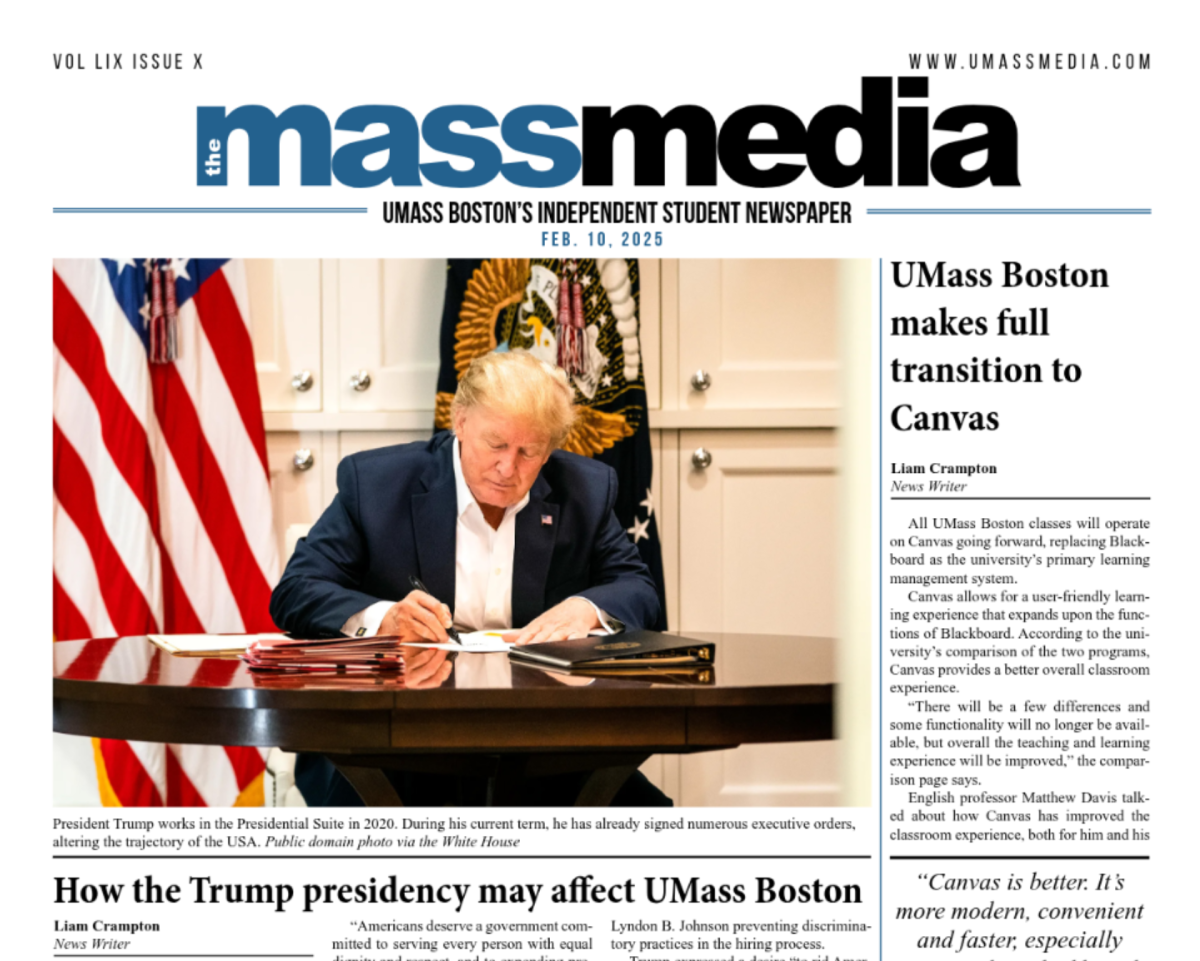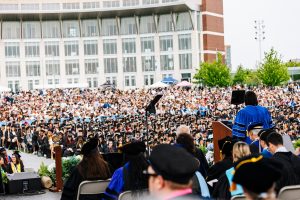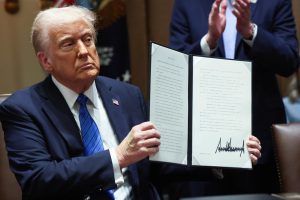CLA Dean Finalists Talk Fundraising, Vision
February 19, 2004
The first wave of finalists for the position of Dean of the College of Liberal Arts has come to UMass Boston’s shores.
Standing before twenty or so faculty members and next to search committee chair Robert Crossley, Dr. Donna Kuizenga and Dr. Janet Linney fielded questions and described their visions for the College of Liberal Arts on February 3 and 9, respectively. The CLA was formed along with the College of Science and Mathematics when the College of Arts and Sciences was split.
Kuizenga is associate dean of the College of Arts and Sciences at the University of Vermont. Improving graduation and retention rates and maintaining a strong cadre of majors top her list in importance.
Kuizenga says a dean needs to be accessible and work with people to create satisfying work conditions. “The people who work in the college are the greatest resource,” she said.
She would give junior faculty time to concentrate on research, suggesting an alternation of heavy semesters and light semesters, leaving exactly how to handle them up to the departments. Kuizenga is a professor of French and romance languages and president of the Socit d’Analyse de la Topique Romanesque (SATOR), “an international scholarly society devoted to the study of the pre-revolutionary French novel.” She is currently finishing a book on rewriting in the works of 17th and 18th century French and British women writers.
Asked about tenure reviews, Kuizenga called student evaluations a “crude instrument.”
“They will tell you if something is horribly wrong or fantastic,” she explained. Saying, “I don’t think a single thing should make or break the candidates’ portfolios,” she stressed that teaching materials and courses developed should be among the qualities considered. Kuizenga said she would be sensitive to faculty stress, saying a dean has to be cautious not to put a faculty member in an untenable position, like a joint appointment, or they might leave.
When asked what surprised her about the college, Kuizenga cited some facets of the budget. “My concern is that the budget with which you can do things is so constrained.” She noted she was “very, very impressed” with the faculty accomplishments and commitment to the students, despite the financial situation.
Kuizenga said the dean must get busy fundraising to lay the groundwork for future deans. Donors need to be cultivated over the long term, “It needs to begin now,” she said. “This dean will do all the spade work for the next dean.”
A week later, Dr. Janet Linney took questions in the chancellor’s conference room, where the meetings took place. Linney is chair of the psychology department at the University of South Carolina.
Linney is a community psychologist by training, having received her doctoral degree in Community Clinical Psychology from the University of Illinois at Urbana-Champaign.
Linney said she is “committed to the idea of the public university,” which strikes her as “very exciting.” When she saw the announcement for the position and read about UMass Boston it became “very attractive” to her because of its location and mission. From what she’s been hearing, she said, the college has not yet carved out its position.
Linney said the dean is the primary spokesperson for the disciplines of the college. She says the dean needs to be an advocate, garnering and moving resources around and setting the tone for an environment of open discussion. She leaves her office door open so she can respond to problems quickly, so “you’re not constantly in crisis mode.”
She says her leadership style would be collaborative and participating, adding that she is “more likely to step aside and stay out of the spotlight, doing behind-the-scenes work.”
“I’m driven to do things that make a difference, and I enjoy that,” she said, stating that she had been nominated for deanships several times over the last couple of years but had no interest in moving. Now, with children ready to graduate from high school this May, she has been thinking about changing things up and relocating.
“It is important for us to study history, since it informs us of the past, and sets the trajectory for where things are going,” she said.
Linney mentioned that she had sat in on an American Literature class that morning. She suggested having a gathering of faculty at the beginning of the year to celebrate achievements and accomplishments, such as convocation or an art exhibit, where faculty could see the work of their colleagues.
Provost Paul Fonteyn called the pool of candidates “deep and rich.” He said they are “really set” for the Colleges of Nursing, Management, and Liberal Arts, with telephone interviews taking place for the McCormack Graduate School of Policy Studies. A search for a dean for the College of Public and Community Service is to start in September.
Since arriving last year, Fonteyn has set to work filling in the interim and acting leadership roles for each of the university’s colleges.
One of those roped in was Kenneth P. Sebens, who came from University of Maryland in December 2003 to start as the first dean of the new College of Science and Mathematics. By the second week of January, Sebens had applied for a long-term National Science Foundation grant, which Fonteyn called “pretty significant.”
The search for a permanent dean for the College of Liberal Arts has long been ongoing. English professor Louise Smith has served as interim dean since December 2001, when she took over from English professor Neal Bruss, who had been acting dean of the Liberal Arts Faculty since the summer of 1997.


